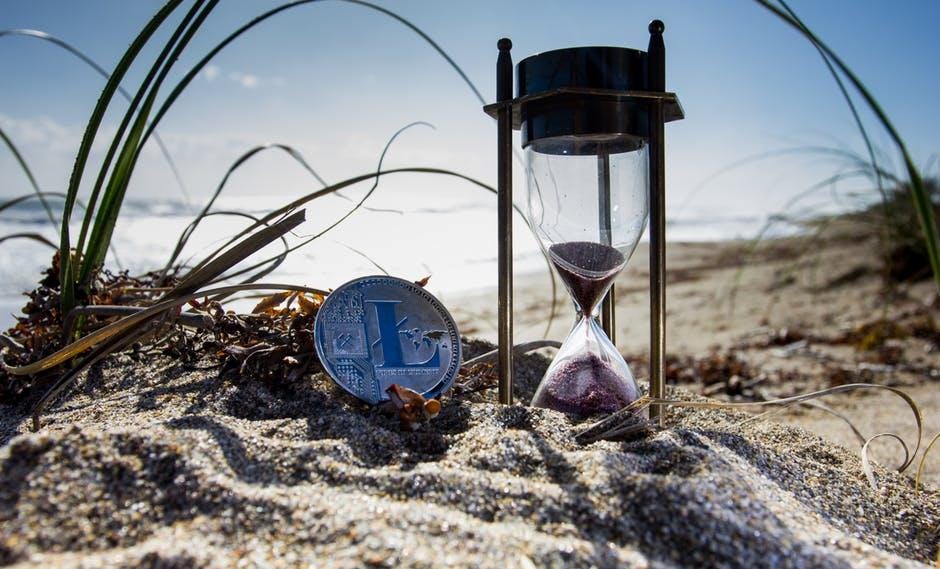Latest news about Bitcoin and all cryptocurrencies. Your daily crypto news habit.

By now you may have come across these Blockchain technology buzzwords such as tokens, utility tokens and security tokens. If you already know a thing or two about them, congratulations! If this is your first time to hear about them, today is your lucky day.
In this post, we shall cover 10 important things you need to about tokens, with a special focus on security tokens. As usual, we shall start with the basics and delve deeper as we progress. So, here we go:
1. What are Tokens?
Tokens represent a particular asset or utility found in blockchain-based platforms. Tokens can represent any asset that is tradable and fungible, from loyalty points to commodities and even other cryptocurrencies. And since they operate within with Blockchain, the next question might be?
2. What is the current state of Blockchain-based tokens?
Currently, most Blockchain-based tokens are believed to be utility tokens. Consequently, they are able to circumvent most of the SEC regulations and raise millions of dollars through ICOs.
However, SEC recently stated that they consider many of the existing tokens to be security tokens and not utility tokens. This is because the commission looks at tokens from a view point of how they are being used and not the way they are intended to be used. It is for this reason that many existing tokens might have to restructure or shutdown.
It also means that many new ICOs might have to consider structuring their tokens as security tokens and not utility tokens. This is because the economic reality is that the contributors’ primary reason for investment is the anticipation of future profit.
3. So, what are Utility and Security Tokens?
Utility tokens offer future access to a company’s services and products. On the other hand, Security tokens represent an investment in a company. Therefore holders of security tokens are entitled to ownership rights. They are bought by investors with the expectation of future returns in the form of dividends, revenue share or price appreciation.
4. How do you Identify security tokens?
To distinguish security tokens from utility tokens you will need to apply the Howey test. The test requires you to answer the following questions;
i. Is the token being sold as an investment?
ii. Is there a person under who the investors rely on?
If your answer to any of the above questions is yes, then the token qualify as security.
5. Security tokens regulation
Security tokens are required to abide by the security laws of their base of operation, or they risk the wrath of government regulators.
6. What are the advantages of security tokens?
Unlike traditional financial models, tokenized securities come with many benefits. Let’s mention a few;
Cost-effective
Smart contracts eliminate intermediaries, which in turn cuts down costs of service delivery. And the administrative costs of buying and selling are zero.
Fast
KYC and AML checks are fast because they are automated, which makes selling assets to accredited investors fast.
Global
The tokens may be eligible for global trading depending on their set up, which means as long as you have a wallet you trade from anywhere in the world.
24/7 trading
Crypto trading outshines traditional trading because it is non-stop. You can trade any time day or night.
Rapid adoption
Security tokens are bound to be quickly adopted once it’s realized that they can lead to more liquidity and less administration.
SEC Compliance
Because security tokens are fully compliant with the law people, don’t have to worry about breaking the law.
But it’s not all bed and roses, tokenized securities have a downside too.
7. Disadvantages of security tokens
i. Security tokens come with many regulations and limitation on who can invest in them and how they can be exchanged. Therefore they can’t be traded freely.
ii. And since they can’t be traded freely and are subject to many secondary trading restrictions, liquidity can be affected significantly.
8. Security Token Issuance Platforms
Popular platforms are issuing security tokens include:
- Polymath
Polymath is a blockchain-based platform that is used to simplify the creation and use of security tokens. The platform SEC complaint and it facilitates the buying and selling of security tokens, as classified by SEC.
- Harbor
Harbor is an Ethereum ERC20-based protocol that aims to make security assets legally tradable on crypto asset exchanges. They are mostly focused on real estate, to begin with, and already have partnerships with Open Finance.
- Open Finance
Open Finance has its focus on building a security exchange, and have partnered with Harbor, as their protocol of choice that will help them achieve their goals.
- T ZERO
T ZERO is also a security token exchange that has partnered with polymath, as their protocol of choice.
9. Existing tokenized securities
So, what are some of the examples of tokenized securities out there? While security tokens are rare in the market, here are a few tokenized securities that may interest you:
- Blockchain Capital
Blockchain Capital is a venture capital firm investing in Blockchain enabled technology companies. It is arguably the first platform to introduce a public offering for securitized tokens. The offering ended up creating a blueprint for future tokenized securities.
- Science Blockchain
Science Blockchain is a fund and incubator which since gained interest in Blockchain investments. It had its funds raised through an initial coin offering of a security token (SCI).
- Lottery.com
Lottery. Com tokenized securities returns are dependent on the gross raffle sales. And to help push the offering to the market the company has established a partnership with securitize and Cashbet.
- SPiCE VC
SPiCE intends to invest in some utility tokens, but its priority right now is security tokens. It has already listed Securitize as its first portfolio company.
10. The future of security tokens
So, are security tokens here to stay? Security tokens are likely to have a bright future due to the following reasons:
- Fractionlization and liquidity; security tokens offer an efficient way to fractionalize a single high-value asset.
- Digital security exchanges; the emergence of multiple Security Token Exchanges makes it possible to be an increase in security tokens.
- Demand from institutional investors; Security tokens are in high demand because of their many advantages in the financial scene.
Final word
Crypto enthusiasts believe that the demand for security tokens will increase over the years. This is because they provide investors with an array of financial rights, which include; equity, voting rights, dividends, buy-back rights and many others that utility tokens could not offer. Do you agree?
Keen to find out more about FundYourselfNow? Join our crowdfunding revolution conversation on our Telegram group, or follow us on Twitter.
10 Important Things to Know About Security Tokens was originally published in Hacker Noon on Medium, where people are continuing the conversation by highlighting and responding to this story.
Disclaimer
The views and opinions expressed in this article are solely those of the authors and do not reflect the views of Bitcoin Insider. Every investment and trading move involves risk - this is especially true for cryptocurrencies given their volatility. We strongly advise our readers to conduct their own research when making a decision.

